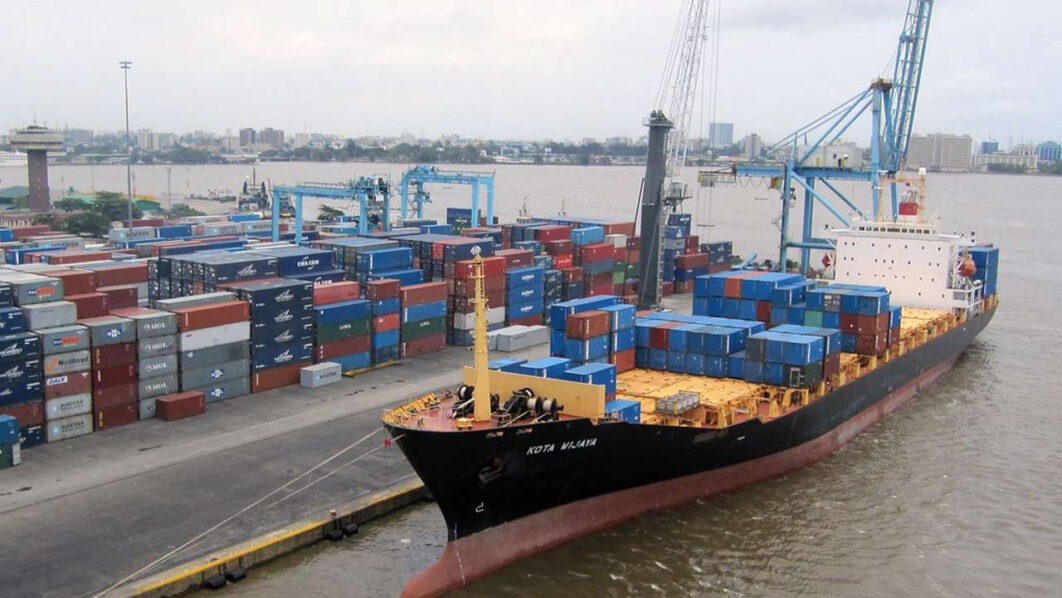
The reintroduction of the International Cargo Tracking Note (ICTN) has reignited debates within Nigeria’s maritime sector, highlighting a significant divide between regulatory bodies and industry stakeholders.
The National Council of Managing Directors of Licensed Customs Agents (NCMDLCA) recently petitioned President Bola Ahmed Tinubu that the ICTN was not backed by law, maintaining its activities will create additional procedures that will constitute delay in the already lengthy and cumbersome port operation.
But the Nigerian Shippers Councils (NSC) immediately debunked the claim, insisting that the ICTN is not only backed by law, but also a critical instrument for enhancing trade transparency, revenue protection, and national security.
The NSC said as an economic regulator, it is legally empowered to introduce mechanisms that enhance trade facilitation.
The NCMDLCA, in its petition signed by its National President, Lucky Amiwero, said the ICTN “is not tied to service of any sort as contained in Articles 6 of Trade Facilitation Agreement (TFA) on Fees and Charges imposed in connection with imports and exports.”
The petition reads: “We hereby bring to the attention of the Federal Government on the push for the implementation of International cargo tracking note (ICTN), which was first introduced by Nigerian Ports Authority (NPA) in 2010 and the second in 2015/2016 by Nigerian Shippers council (NSC) and now, there is a recent push by the NSC to implement a scheme that was suspended due to the cost and procedure its effect will have on cargo clearance.”
He said the government had constituted a Technical Committee in January 2016 made of Nigeria Shippers Council (NSC), Manufactures Association of Nigeria(MAN) Shipping Association of Nigeria (SAN) and the National Council of Managing Directors of Licensed Customs Agents (NCMDLCA) to resolve concern of stakeholders on the ICTN.
And the committee which was then chaired by Amiwero after careful assessment of the deliberation based on the implication and complexities the implementation got the project suspended.
On the processes, the group, however, stated that, “The Nigeria Customs Service (NCS) Act Section 28-(1)-(4) covered the obligation of Cargo Tracking Note, which conferred authority to the NCS to develop, maintain and employ an electronic system, while the NCS is lead agency for exchange of information between the service, agencies of the government, and traders.”
In a swift reaction, the NSC, in a statement by its spokesperson, Rebecca Adamu, said the ICTN will help in blocking financial leakages caused by incorrect customs duties, levies, and tariffs, and it is in alignment with global trade best practices as many countries, including advanced economies, successfully deploy ICTN for effective cargo monitoring and trade regulation. She noted that ICTN is not a duplication of existing processes but a complementary tool that aligns with Nigeria’s customs and port regulatory framework.
According to her, the claim that ICTN would create additional delays is incorrect. “On the contrary, the system streamlines cargo inspection and clearance through automated pre-arrival information. It reduces inefficiencies in port operations and enhances trade facilitation,” she stated. The NSC said the argument that only NCS has authority over electronic tracking systems is misleading.
“The ICTN is an additional regulatory mechanism, which works in synergy with customs systems to enhance compliance, risk assessment, and trade efficiency,” she explained.
She, however, assured that the council is open to further engagement with all industry players to ensure that ICTN implementation maximally benefits the Nigerian economy.






